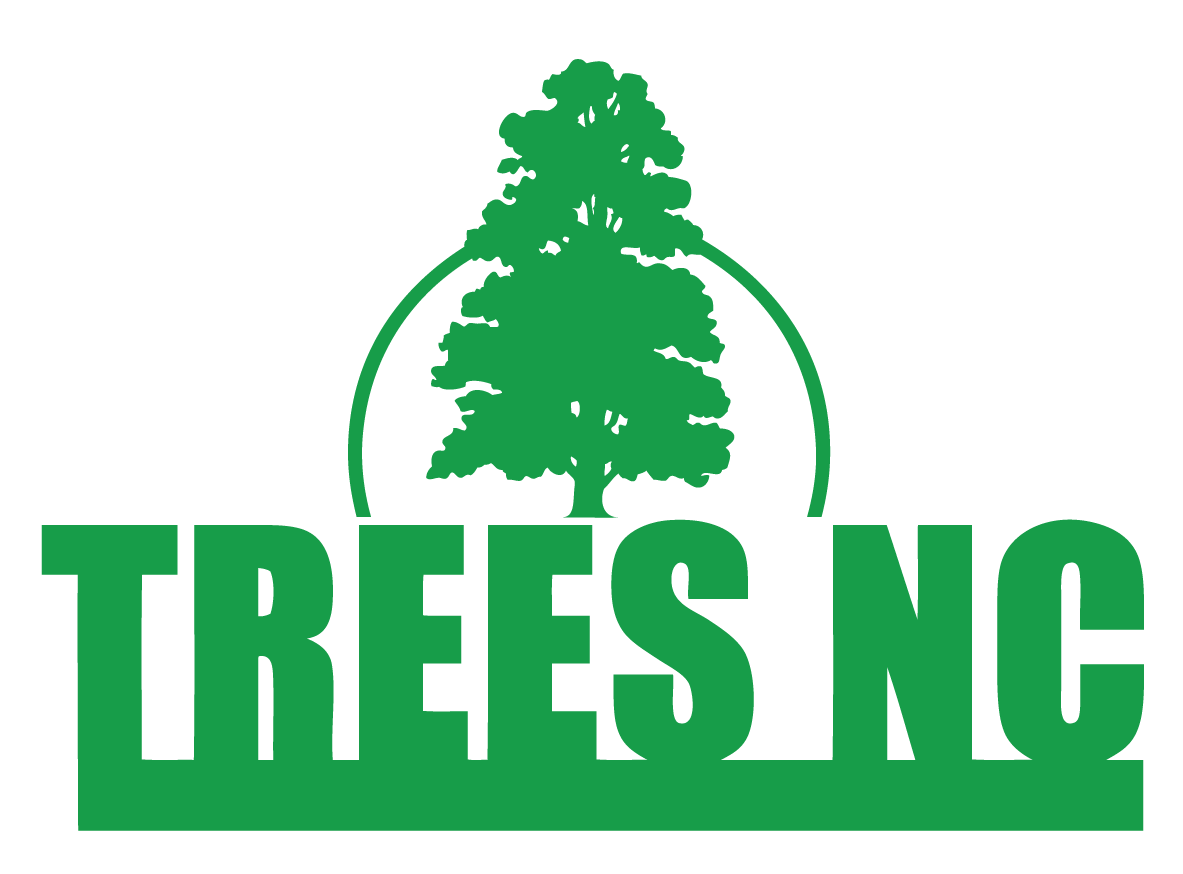Starting today, it is illegal not to recycle plastic bottles
/Starting today, that old soda bottle and empty milk jug are no longer just garbage.
They must be recycled.
A new state law is taking effect that prohibits all plastic bottles from being disposed of in landfills. Supporters of the law say it will boost North Carolina's burgeoning recycling industry, which has an unmet demand for old bottles that can be converted into new goods.
State officials say ordinary citizens need not worry about being penalized if they forget to salvage every last bottle. No one will be picking through trash cans or searching for recycling scofflaws.
Any fines that would be assessed would likely come from state landfill inspectors if they spotted a trash hauler trying to dump large amounts of banned items. But even that is pretty unlikely.
For now, the state is concentrating on making the public aware of the law and encouraging more communities to set up strong recycling programs.
The law was passed in 2005, but it didn't take effect until today. It adds plastic bottles and two other items -- wooden pallets and oil filters -- to a long list of items that are already banned from the state's landfills. Among the items already banned are aluminum cans and tires.
Currently, fewer than one out of every five plastic bottles in North Carolina is recycled.
Increasing that rate would be good for the environment. It would save space in landfills and, because plastic is derived from petroleum, it would decrease dependence on foreign oil.
But beyond the environmental benefits, the law also has an economic goal. North Carolina is home to several major facilities that turn used plastic bottles into new ones.
"They essentially can make a Downy bottle from a Downy bottle, or a Tide bottle from a Tide bottle. So they are always in need of those materials," said Kelley Dennings, the education and outreach project manager at the N.C. Division of Pollution Prevention and Environmental Assistance.
Another recycling plant turns plastic bottles into carpet.
If the state recycles more bottles, these facilities can operate at higher capacities. And that may mean more jobs created in North Carolina.
This week, a national report assessing each state's green economy noted North Carolina's growing recycling industry. The report, by the National Governors Association's Center for Best Practices, said that North Carolina has nearly 5,200 jobs in the "recycling and waste" segment -- a larger employment than any other green-industry category in the state.
Counties vary widely in their rate of recycling of plastic bottles. A high rate of recycling depends largely on having a strong local recycling program.
Local governments have the authority to go after recycling violators and assess penalties beyond what's in state law. The city of Winston-Salem has no such recycling ordinance. David Saunders, the director of the City-County Utilities Division, said that all his agency could do is turn someone away from a landfill if he or she was caught trying to dump a load containing banned items.
Most of the enforcement of the new law, Saunders said, should be self-enforcement by individuals or trash collectors.
"Quite frankly the control needs to be at the point of disposal, where it enters the waste stream, not at the tail end where it enters the landfill," Saunders said.
Winston-Salem Journal
jromoser@wsjournal.com









